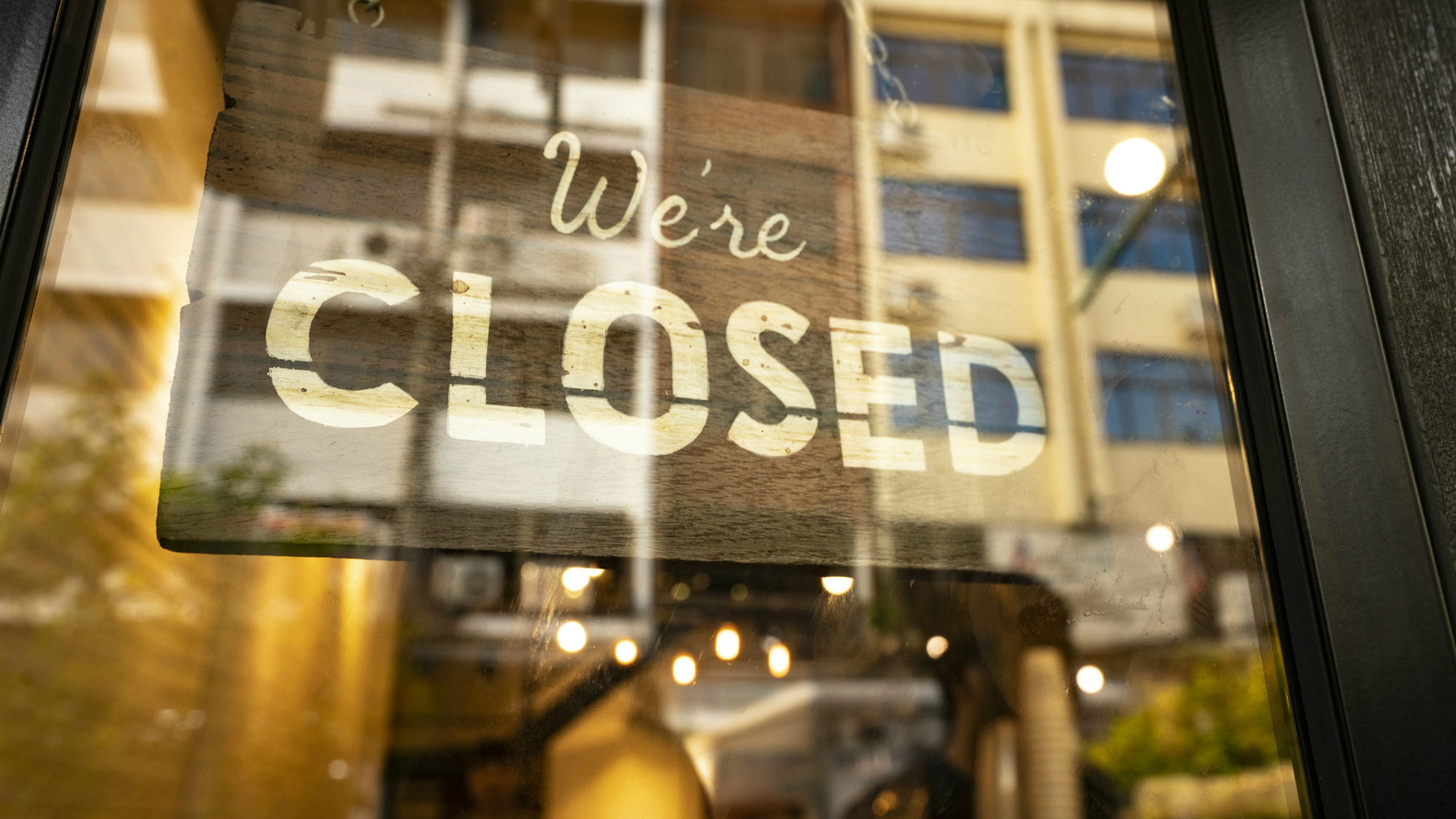730,000 British people lost their jobs between March and July this year
The numbers are 'in large part' due to the hundreds of UK companies that have been battered by the pandemic

The numbers are 'in large part' due to the hundreds of UK companies that have been battered by the pandemic
The number of UK workers on payrolls fell by 730,000 between March and July, the Office for National Statistics has revealed.
With as many as 81,000 job losses just last month, the figures have been accredited 'in large part' to the Covid-19 crisis, as hundreds of UK companies have struggled to stay afloat.
The largest falls in employment were among the youngest and oldest workers in 'lower-skilled jobs', the executive office of the UK Statistics Authority stated in a report.
Despite these findings, the ONS has stated that the official unemployment rate is not yet rising. To be counted amongst the unemployed, workers must be actively looking for a new job, which many have not yet decided to do due to the current climate.
This isn't because the people in question do not want a job, says Jonathon Athow, the ONS's deputy national statistician for economic statistics: 'Figures from our main survey show there has been a rise in people without a job and not looking for one, though wanting to work. In addition, there are still a large number of people who say they are working no hours and getting zero pay.'
He added: 'Vacancies number began to recover in July, especially in small businesses and sectors such as hospitality, but demand for workers remains depressed.'
Celebrity news, beauty, fashion advice, and fascinating features, delivered straight to your inbox!
And things could be about to get worse.
Between May and June, employment dropped by the largest amount in one quarter since 2009. Meanwhile, the number of total hours worked by British employees is at an all time low.
The ONS stated that of around 7.5 million people estimated to be temporarily away from work in June this year, most of them were on the Government's furlough scheme.
With around three million of these employees having been away for almost over three months, around 300,000 of these people received no pay last month, the statistics revealed - painting a bleak picture of what could happen once the furlough scheme is no longer on the scene.
Speaking to the Mirror, Jack Kennedy, economist at the global job site Indeed, said: 'Today's figures offer an official snapshot of the labour market before the Job Retention Scheme started to be reined in at the end of July.'
'As that lifeline slowly comes to an end - and as unemployment is predicted to tise - there will be a scramble for available jobs during an inevitable rocky period for the economy.'
Discussing the potentially dire consequences of the furlough scheme wrapping up, Suren Thiru, the head of economics at the British Chambers of Commerce, told Metro: 'The furlough scheme has been successful in preserving millions of jobs. However, with firms continuing to face a perfect storm of increased costs, reduced demand, and diminished cash reserves, unemployment is likely to surge as the Government support schemes wind down, unless action is taken.'
Niamh McCollum is Features Assistant at Marie Claire UK, and specialises in entertainment, female empowerment, mental health, social development and careers. Tackling both news and features, she's covered everything from the rise of feminist audio porn platforms to the latest campaigns protecting human rights.
Niamh has also contributed to our Women Who Win series by interviewing ridiculously inspiring females, including forensic scientist Ruth Morgan, Labour MP Stella Creasy and ITV’s former Home Affairs Editor Jennifer Nadel.
Niamh studied Law in Trinity College Dublin. It was after enrolling in a Law & Literature class on her year abroad in Toronto that her love of writing was reignited. In no particular order, her big likes are Caleb Followill, hoops, red wine, sea swimming, shakshuka and long train journeys.
